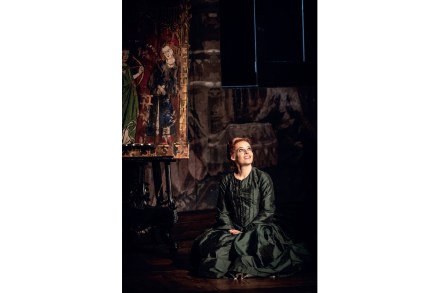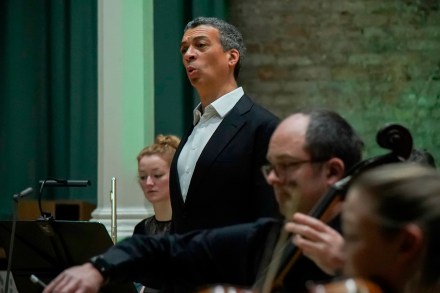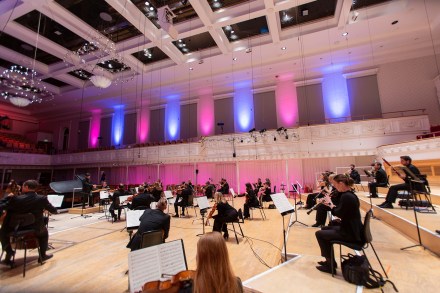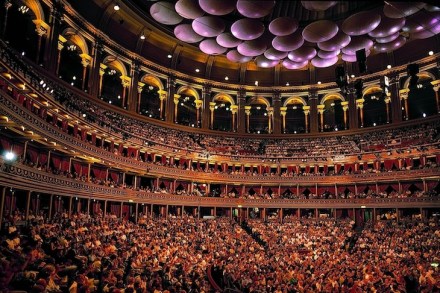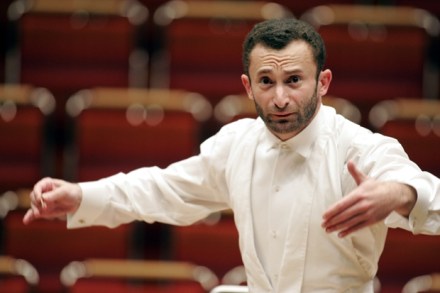To die for: Grange Park Opera’s Tristan & Isolde reviewed
There are a lot of corpses on stage at the end of Charles Edwards’s production of Tristan & Isolde for Grange Park Opera. At this stage in the drama, directors tend to fade out the bloodbath, the better to focus on Isolde’s final dissolution into bliss. But as Michael Tanner argues, Tristan, like the Ring, offers no bearable solution to its central problem, however much the music – that great deceiver – might try to persuade us otherwise. You want art to tell you the truth? Wagner knew that you can’t handle the truth. He declared that in Tristan ‘from the first to the last, love shall for once find
